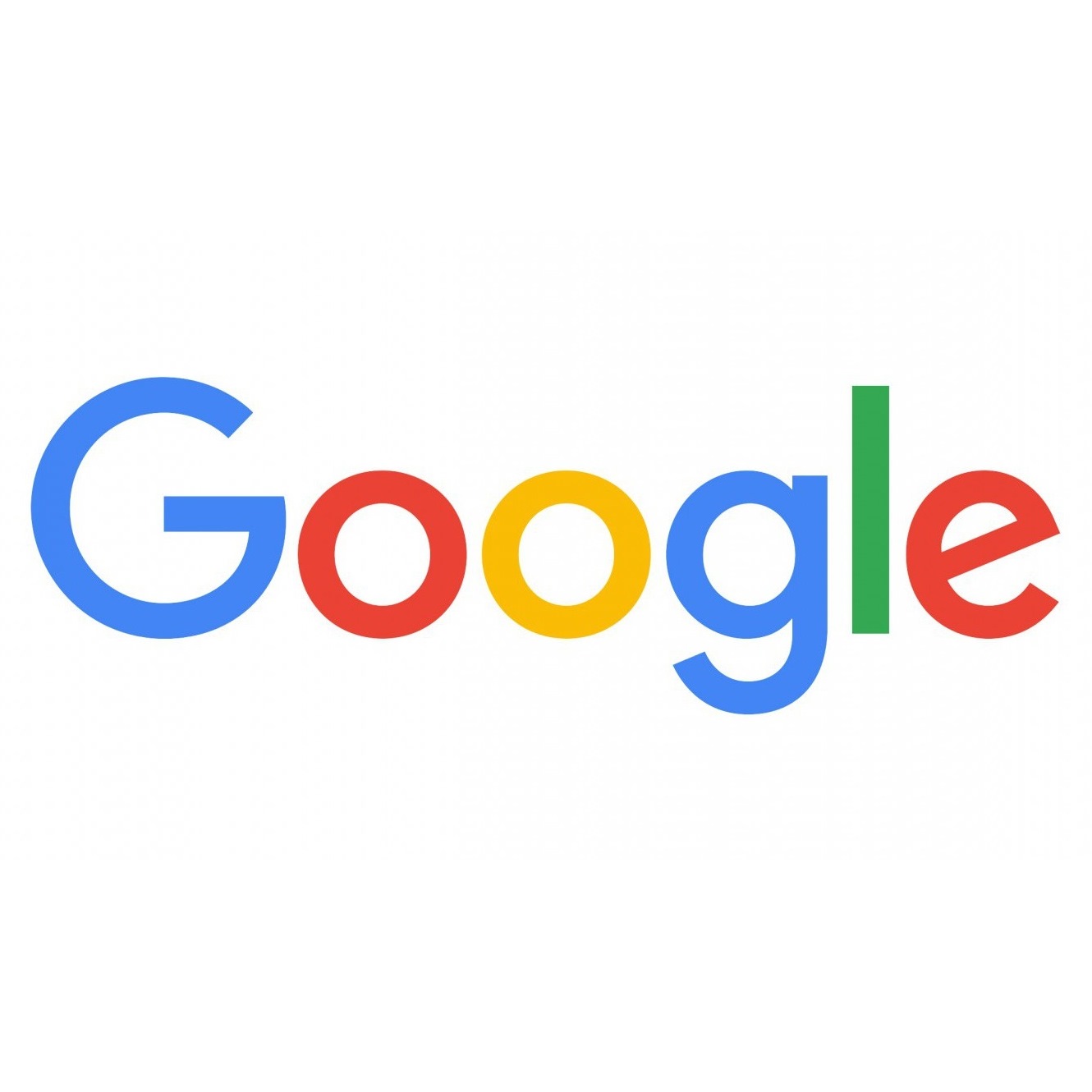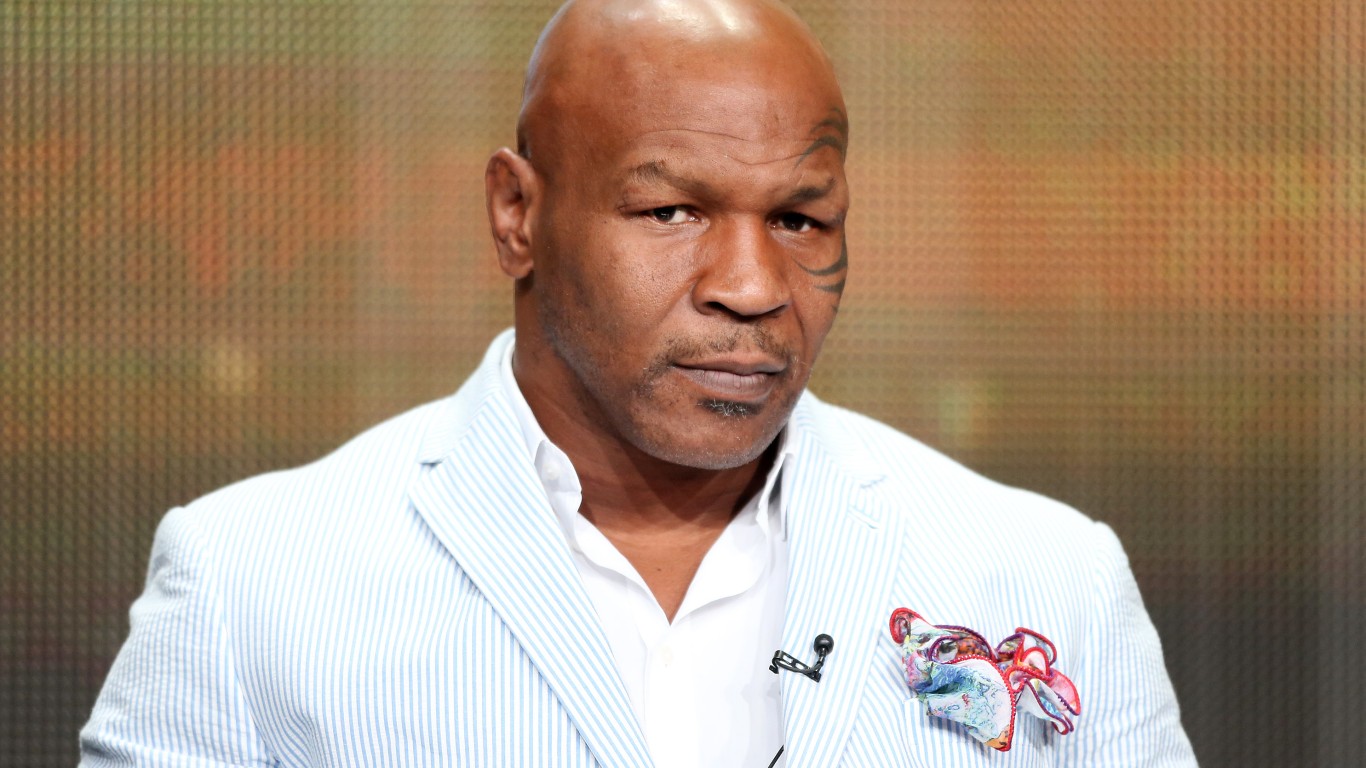
The two companies that captured the most global advertising dollars across all types of media last year were Alphabet Inc.’s (NASDAQ: GOOGL) Google and Facebook Inc. (NASDAQ: FB). Between the two, they have captured 64% of all growth in global advertising spending since 2012, the year that Facebook went public. (Google held its initial public offering in 2004.)
Google and Facebook snagged 20% of all media advertising spending in 2016, up from 11% in 2015. The distance between the two remains substantial, however. Google attracted $79.4 billion in advertising spend in 2016, about three times the $26.9 billion that went to Facebook. Comcast Corp. (NASDAQ: CMCSA), the top-ranked traditional media company, ranked third with $12.9 billion in ad revenues.
The data were reported on Tuesday by Zenith Media in its latest edition of “Top Thirty Global Media Owners.”
According to Zenith, “internet advertising has overtaken television to become the world’s largest advertising medium this year.” In addition to Google and Facebook, there are five other pure-play internet media owners in the top 30: Baidu Inc. (NASDAQ: BIDU) ranked fourth, Microsoft Corp. (NASDAQ: MSFT) ranked ninth, Yahoo! Inc. (NASDAQ: YHOO) ranked 13th, Verizon Communications Inc. (NYSE: VZ) ranked 21st and Twitter Inc. (NYSE: TWTR) ranked 30th.
Yahoo and Verizon, combined, would have ranked sixth in 2016, but a more interesting data point is Twitter’s growth. The short-form social media firm saw its ad revenues rise by 734% between 2012 and 2016, the most of any company on Zenith’s list.
Another report on digital media, released Sunday by media investment management firm Group M, expects spending on digital advertising to take 77 cents of every new advertising dollar in 2017. Excluding print advertising (which shows negative growth; i.e., losses) digital captured 72% of every new ad dollar and television took 21 cents. TV’s share is forecast to drop to 17% in 2017.
Group M points out that TV accounted for 42% of all ad spending in 2016 and is expected to account for 41% in 2017. Digital spending took about 33% of total spending in both years.
Spending on digital media already has overtaken TV spending in 10 countries, with another five forecast to join their ranks in 2017. Digital spending exceeds TV spending in Australia, Canada, China, Denmark, Finland, New Zealand, Norway, Sweden, The Netherlands and the United Kingdom. Forecast to be added to the list in 2017 are France, Germany, Hong Kong, Ireland and Taiwan.
A notable issue that may affect both Google and Facebook is the amount of advertising spending lost to fraud, invalid traffic and unacceptable (to advertisers) content. Google, especially, has been targeted for placing automated (programmatic) advertising next to YouTube content that includes hate speech and other offensive material. Some advertisers have boycotted YouTube in an effort to get the site to police itself better. Facebook also has taken some hits, most recently related to the video showing a murder.
Neither Google/YouTube nor Facebook is likely to suffer a massive withdrawal of ad spending due to their enormous reach and low prices for ad placements. However, both will have to expend more effort and dollars into cleaning up their act, seeking to persuade advertisers that they are doing more to combat offensive content and advertising.
Get Ready To Retire (Sponsored)
Start by taking a quick retirement quiz from SmartAsset that will match you with up to 3 financial advisors that serve your area and beyond in 5 minutes, or less.
Each advisor has been vetted by SmartAsset and is held to a fiduciary standard to act in your best interests.
Here’s how it works:
1. Answer SmartAsset advisor match quiz
2. Review your pre-screened matches at your leisure. Check out the advisors’ profiles.
3. Speak with advisors at no cost to you. Have an introductory call on the phone or introduction in person and choose whom to work with in the future
Get started right here.
Thank you for reading! Have some feedback for us?
Contact the 24/7 Wall St. editorial team.

